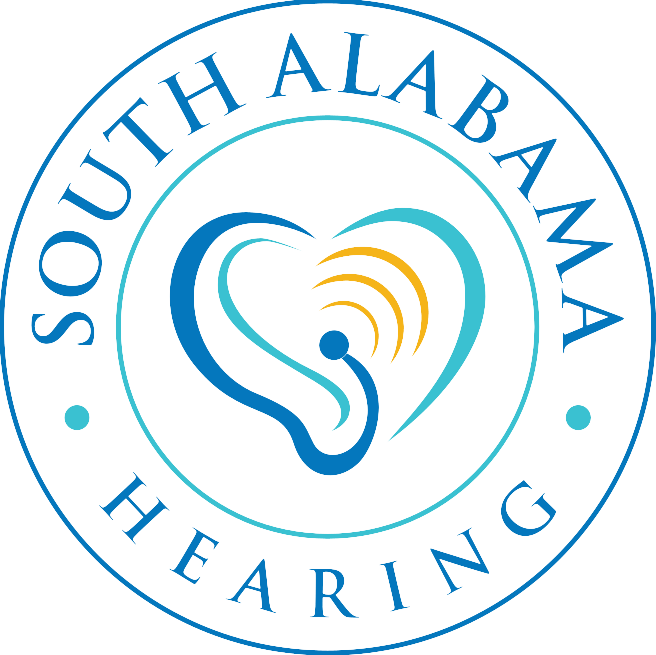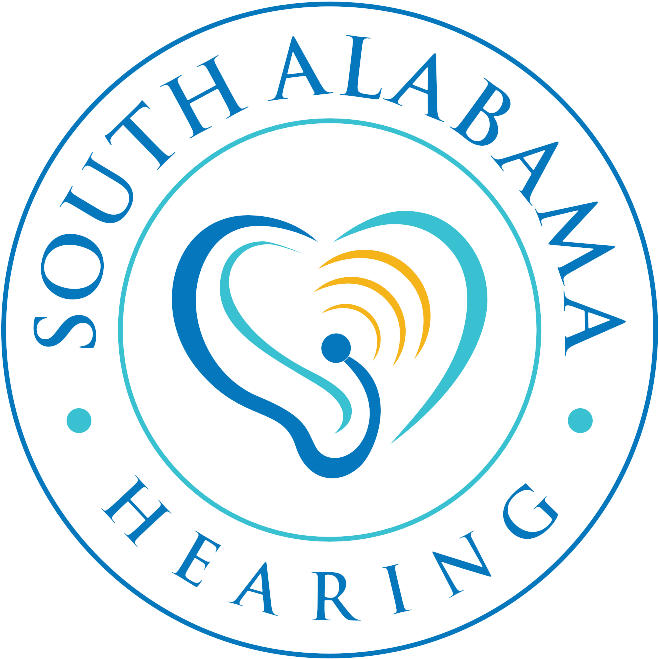
Consider a world where each conversation becomes a challenging puzzle to solve. For many, communication is as effortless as breathing, but for those who experience hearing loss, every interaction can feel like deciphering a complex code.
Hearing loss is more than just a medical condition; it is a unique journey with its own challenges and enlightening insights. Those who live this experience often wish to share a better understanding of what it entails. They wish to enrich public perception with mindfulness towards inclusivity, connection, and empathy.
Communication Is a Two-Way Street
Effective communication with someone experiencing hearing loss requires mutual effort. Simple actions like maintaining eye contact or ensuring one’s face is visible make a significant difference. These small adjustments create a more inclusive and comfortable conversation.
Speaking clearly and ensuring understanding without shouting demonstrates respect. It’s about making an effort to connect genuinely. Approaching conversations with patience goes a long way in bridging the understanding gap.
Asking Is Better Than Assuming
Assumptions about what individuals with hearing loss need can lead to awkward interactions. Rather than guessing, it’s better to ask straightforwardly what would make communication easier. Questions asked with an open mind illustrate genuine care and willingness to learn.
Each individual may have varying preferences, and what works for one person may not for another. Customizing interaction based on individual needs is key. Empathy begins with acknowledging these personal differences.
The Importance of Regular Hearing Health Exams
Regular hearing health exams are necessary for detecting early signs of hearing loss. Many delay these exams, often underestimating their importance in maintaining hearing health. These check-ups can offer invaluable insights and preventative care.
Awareness about the significance of hearing exams can lead to earlier interventions. Catching potential issues early keeps them from becoming unmanageable later on. Promoting routine hearing exams encourages a culture of proactive health rather than reactive care.
Emotional Aspects of Hearing Loss
The emotional journey tied to hearing loss is rarely discussed openly. Feelings of isolation and frustration often accompany the experience. Recognition of these emotions is an important step in validating the broader human experience of hearing loss.
Support from family and friends makes a vast difference. Encouragement and understanding provide comfort and assistance in navigating these challenges. Compassion begins with recognizing and validating these emotional experiences.

